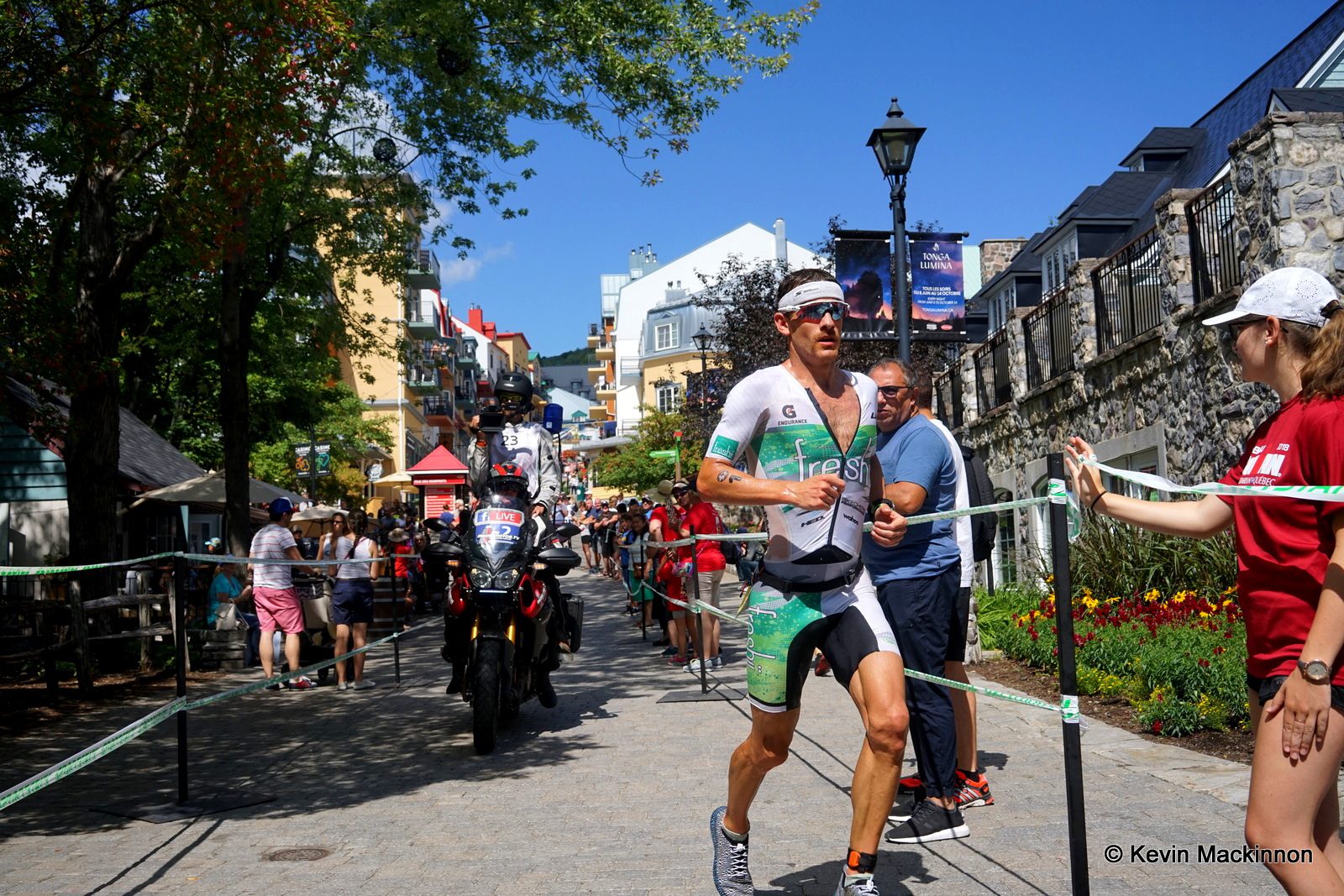Our top 10 tips to avoid overtraining
Lionel discusses his struggles with overtraining and we offer advice on how to avoid it

Lionel Sanders’ latest video on his popular Youtube channel discusses a common topic amongst age group triathletes: overtraining. Sanders is well known in the triathlon community as a professional athlete who likes to experiment and push training theories to their limits, as well as Youtube videos discussing his mistakes and struggles.
As he discusses overtraining for himself in this video, we try to define it a little better and give tips on how to avoid it.
Most triathletes are familiar with the term overtraining, but there is a related term: under-recovery. They seem to have similar effects on the body and both can afflict athletes of all levels.
What exactly does recovery mean? It’s a term we use often: sleeping more; eating right; foam rolling; therapists of all varieties. But not very often do you see a definition of recovery as it pertains to athletics, hollowed down into a singular statement. The following definition appears in an article by Michael Kellman from the Routledge Handbook of Applied Sport Psychology:
“Recovery is an inter-individual and intra-individual multi-level (e.g., psychological, physiological, social) process in time for the re-establishment of performance abilities. Recovery includes an action-oriented component, and those self-initiated activities (proactive recovery) can be systematically used to optimize situational conditions and to build-up and refill personal resources and buffers.”
Here are our top 10 signs that you are overtrained:
1. Your resting heart rate is elevated.
It is a good practice for triathletes to take their heart rate when they wake up in the morning so they have an idea of their normal resting heart. If you find that your heart rate is elevated in the mornings, it may be a sign your body is entering the “fight or flight” reactionary stage. Your body doesn’t know the difference between psychological and physical stress.
2. You can’t get your heart rate way up in a tough workout.
The body seems to have an internal governor that prevents an increased workload when it is fatigued. If you are having a hard time elevating your heart rate during high intensity (such as a tough track day) yet your perceived rate of exertion is high, then it is probably time to rest.
3. You’ve had multiple bad workouts in a row.
A bad workout happens to the best of them. Most elites could regale you with race-gone-wrong stories.
4. Your energy levels are low.
This is one most triathletes are fantastic at ignoring. We think because we’re training hard, we’re supposed to feel tired all the time. Constant feelings of fatigue are your body’s signal it’s time to take it easier.
5. You’re in a consistently irritable mood.
Maybe you haven’t caught onto this one yourself yet but if your partner or coworkers suddenly seem to be walking on eggshells around you, you might want to do some evaluation of your own behaviour.
6. You keep getting sick.
Everyone gets sick from time to time. No big deal. If you seem to be getting sick all the time though, that is something else entirely.
7. You aren’t getting any pleasure from your workouts.
Everyone (at least initially) gets into a triathlon training program because they get some enjoyment out of swimming, biking, running and racing. Sometimes though, the lure of a certain accomplishment, like a time or a weight loss goal can take the pleasure out of training.
If you’ve begun to dread heading out for your daily workout instead of savouring it, then it may be time to pause and reflect about how you’re treating your body.
8. Persistent soreness.
A hard workout, or trying out a new move at the gym or in a fitness class can definitely lead to delayed onset muscle soreness. However, if you’re living in a state of muscle soreness that seems to have become your new normal, then you’re in need of a rest day.
9. You’re not sleeping well.
If you’re usually a sound sleeper but are having trouble getting a full night’s rest, you may need to incorporate increased rest into your routine. Sleep is a critical component of recovery so getting enough is imperative to prevent yourself from falling into a proverbial hole of inability to recover.
10. You’re not very hungry.
Triathletes are notorious for their large appetites during big training blocks. However, if your training load is heavy and there isn’t enough recovery included, hormonal imbalances can suppress hunger.
